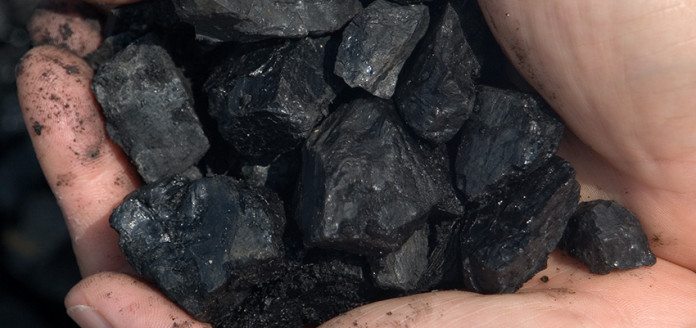
LOWER than anticipated cash flow was one of the reasons South32 decided to pump $250m in cash and debt into its 92%-owned South African Energy Coal (SAEC), a business the Perth-headquartered firm hopes it will have sold in the second quarter.
The buyer is Seriti Resources, described by South32 COO, Mike Fraser in an interview today as “a successful business”, but which would benefit from loan guarantees that South32 is also providing as part of the overall package.
The package consists of $200m to support the unfunded part of $875m in mine rehabilitation charges, and $50m in a facility assisting Seriti with a restructuring of Middleburg Mine Services, said Fraser.
“We still believe there’s inherent value in the business … But what you’ve got is a gap where there is a challenge on the financial viability of the business,” said Fraser. “There are negative cash flows for probably another six to nine months.”
SAEC produces 28 million tons of coal annually of which roughly half is sold to Eskom, the South African power utility, whilst the balance is exported. South32 unveiled Seriti Resources as the successful bidder for its stake in 2019 after previously identifying SAEC as a non-core asset.
Fraser said the markets are currently in a worse condition than forecast at the time of planning the sale of SAEC.
However, SAEC’s negative cash flow is also a result of failing to renegotiate the loss-making Duvha coal supply agreement (CSA) between Eskom and SAEC’s Woverkrans Middelburg Complex (WMC) in Mpumalanga province. “It did require for that contract to break even,” said Fraser.
Last year, South32 triggered a hardship clause in the CSA enabling it to begin contract negotiations with Eskom. Whilst a CSA was subsequently renegotiated with Eskom, it was then rejected by South Africa’s National Treasury.
The recapitalisation of SAEC was therefore largely shaped by the discussion with Eskom and National Treasury that followed in order to “… find a solution that is palatable where all of the burden doesn’t fall on Eskom and National Treasury”.
As part of this, South32 will no longer participate in high coal price revenues as originally envisaged in the sale agreement with Seriti.
Said Fraser: “We saw from early on that would always be seen as unpalatable because if Eskom is giving us [SAEC] a price increase it would be seen that we would be benefiting from some of that deferred price uplift”.
Commenting on the renegotiation of the Duvha contract, Fraser said there’s an agreement for WMC to reach breakeven whilst an option for a 10-year extension from 2024 would not be given because it was important the contract was tested via open tender. “Seriti will want to participate in that second horizon, but at least you know it is arms’ length.
“It is quite a neat outcome achieved and arrived at entirely through negotiations,” he said.











